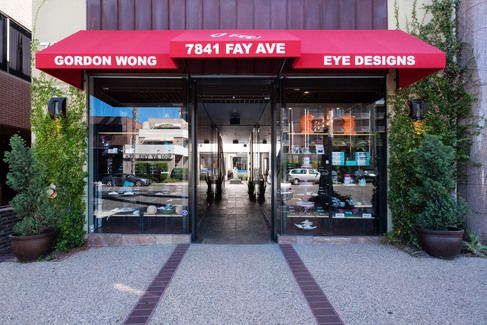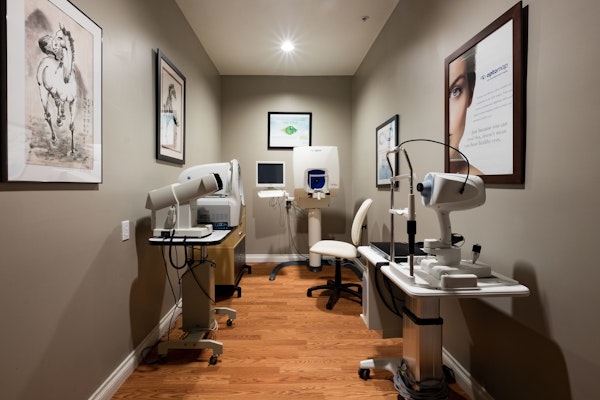Is PRK Right for You - And Are You Right for It?
 Over the years, many people have mistakenly associated laser eye surgery with LASIK. While it is true that LASIK is the most widely performed laser eye surgery procedure in the United States, it is far from the only game in town. In fact, for millions of patients, photorefractive keratectomy, or PRK, has proven to be an equally effective form of laser eye surgery, one that has helped them reduce or altogether eliminate their dependence on eyeglasses or contact lenses.
Over the years, many people have mistakenly associated laser eye surgery with LASIK. While it is true that LASIK is the most widely performed laser eye surgery procedure in the United States, it is far from the only game in town. In fact, for millions of patients, photorefractive keratectomy, or PRK, has proven to be an equally effective form of laser eye surgery, one that has helped them reduce or altogether eliminate their dependence on eyeglasses or contact lenses.
AT GW Eye Associates Inc. in San Diego, PRK candidates include many patients who would not qualify for LASIK surgery but who still wish to enjoy the full benefits of high-quality, technologically advanced laser eye surgery. PRK is also an outstanding alternative for patients who are hesitant to undergo LASIK because of the corneal flap that is required by the latter procedure. Whatever your reasons for wanting to undergo PRK, you can rely on our experienced eye surgeons to provide you with safe, exceptional care and the best possible results.
How does PRK differ from LASIK?
In truth, PRK and LASIK are identical procedures in all but one respect: how the underlying corneal tissue that is to be reshaped by the excimer laser is accessed. During LASIK surgery, a thin, hinged flap is created in the uppermost layer of the cornea, the epithelium. This flap is pulled back in order to access the underlying stromal layer, the layer that is reshaped in order to change the focusing power of the eye. Once the stromal layer has been altered, the flap is replaced and allowed to heal. It seals on its own; no sutures are necessary, although patients must be careful in the weeks after surgery to ensure that the flap does not become dislodged.
During PRK surgery, the epithelium is removed altogether. After the procedure, the epithelial cells will regenerate over time. During this healing period, the exposed stromal layer of the cornea will cause the patient to experience more discomfort than he or she would have experienced with LASIK; however, the risk of flap complications is reduced to zero. For this reason alone, some patients who are good candidates for LASIK choose to undergo PRK surgery anyway.
Candidacy for PRK Surgery
Most patients are suitable candidates for PRK surgery, including those whose thin corneas might preclude them from undergoing LASIK. However, there are some patients for whom PRK might not be recommended. In order to be considered a good candidate for PRK, a patient must:
- Be at least 18 years old
- Have had a stable eye prescription for at least one year prior to surgery
- Not have a disease that could interfere with the post-surgical healing process
- Not be pregnant or nursing
- Have healthy eyes free from diseases such as glaucoma
- Be aware of the risks associated with the procedure
Find Out Whether You Are a Suitable Candidate for PRK
To find out whether you are a good candidate for PRK surgery, please schedule a consultation with one of our esteemed eye surgeons by contacting GW Eye Associates Inc. today.









